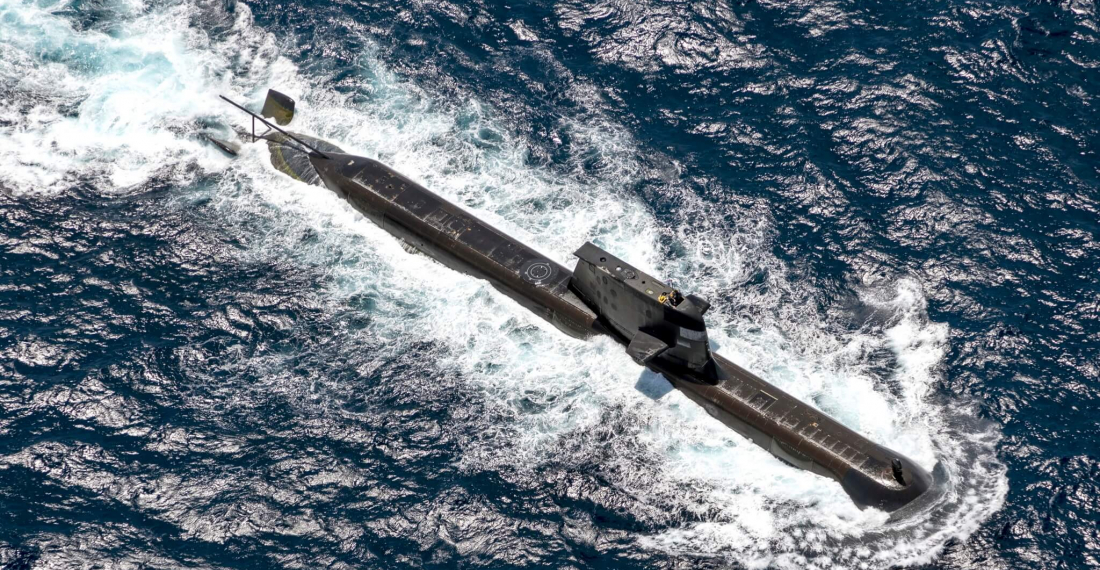The European ministers of foreign affairs on Monday evening (20 September) expressed their support for France in the diplomatic dispute over the purchase of submarines. The High Representative of the EU for Foreign Affairs and Security Policy, Josep Borrell, said this after meeting the ministers ahead of the United Nations General Assembly in New York. Earlier on Monday, the president of the European Commission, Ursula von der Leyen, told the American television channel CNN that "one of our member states has been treated in an unacceptable manner".
The European Union foreign ministers discussed the new trilateral security pact AUKUS between the United States, the United Kingdom and Australia. As a result, the French government is missing out on a 56 billion euro deal to supply submarines to Australia, as was previously the intention. The Australians eventually opted, as part of AUKUS, for nuclear-powered American submarines. In response to the plans, France recalled its ambassadors from the United States and Australia.
According to Borrell, the decision on French submarines goes against the European Union's call for greater co-operation. "The current instability in the Indo-Pacific calls for more coordination between like-minded partners, and less confrontation," Borrell said.







